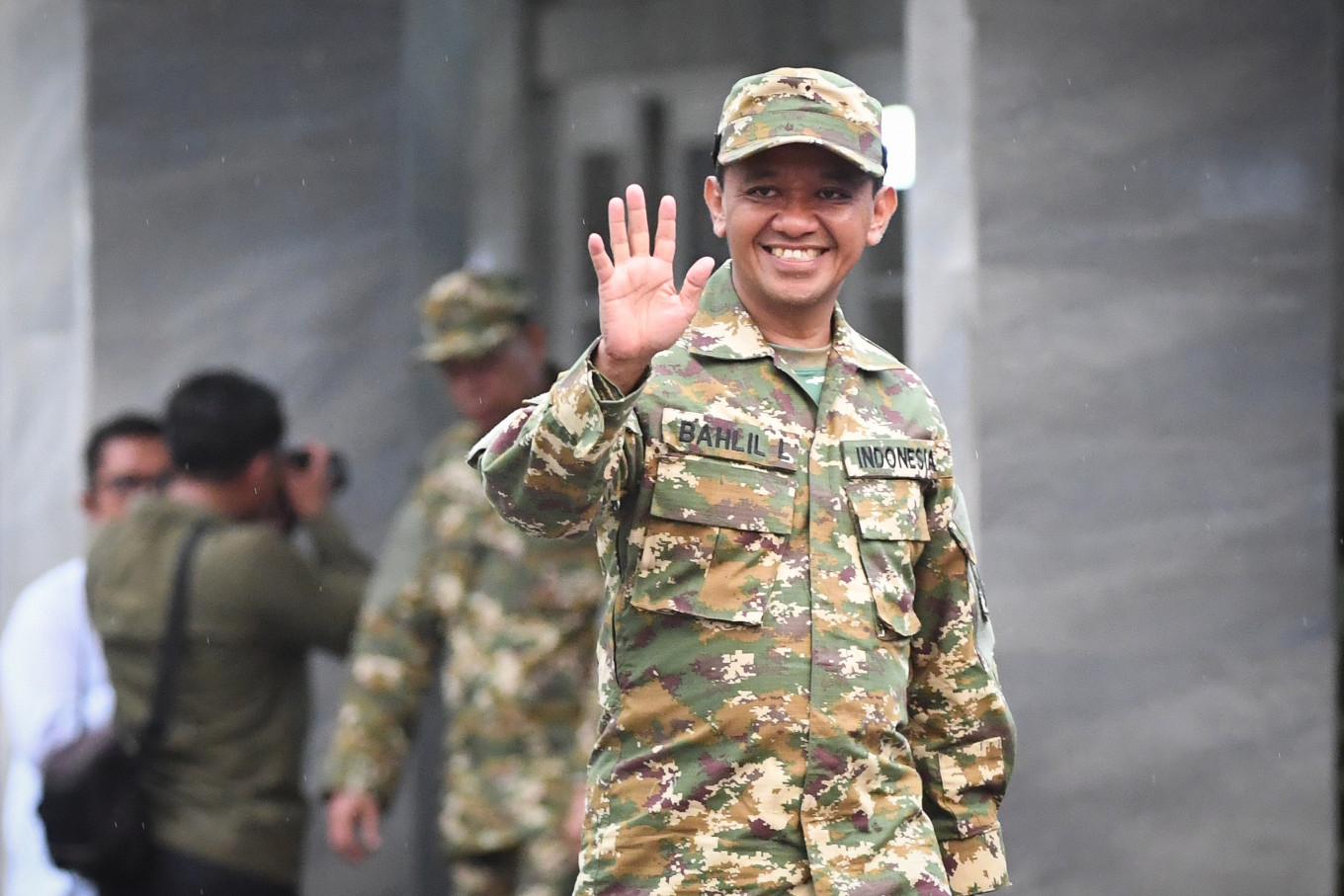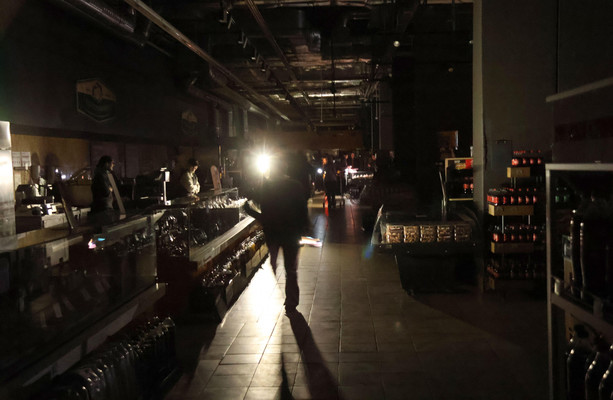Indonesia to Introduce Hybrid Fuel Subsidy Scheme
Indonesia is set to revamp its fuel subsidy program, moving towards a hybrid model that blends subsidized goods with direct cash transfers (BLT). This strategic shift aims to bolster the purchasing power of lower-income citizens while ensuring subsidies reach those who truly need them. Energy and Mineral Resources Minister Bahlil Lahadalia revealed the upcoming changes, stating that President Prabowo Subianto would soon announce the detailed plan.
Targeting Subsidies for Maximum Impact
The existing fuel subsidy system has commonly drawn criticism for benefiting wealthier individuals disproportionately. The new model seeks to address this issue by channeling resources more efficiently. Bahlil emphasized the government’s commitment to maintaining subsidies for essential public services like transportation, emphasizing that vehicles with yellow license plates, including public minivans (angkot), would continue to receive subsidized fuel. This ensures that transportation costs remain manageable for the general populace.
The Role of Direct Cash Transfers
A key component of the new strategy involves increasing the use of BLT. While details are still forthcoming, Bahlil suggested that these direct cash transfers could be a primary tool for supporting vulnerable populations.
Previously, Bahlil had explored several alternative subsidy models, including shifting to a fully BLT-based system. However, concerns arose regarding the potential impact on sectors like public transport, MSMEs, and public facilities that rely on subsidized fuel.
The hybrid approach aims to mitigate these concerns while ensuring targeted support for those most affected by rising fuel costs.
Excluding Online Ojek from Subsidies
In a move likely to spark debate, Bahlil confirmed that online motorcycle taxis (ojek) would be excluded from the subsidized fuel program.
"They are not [subsidized]," Bahlil stated, highlighting that subsidies are intended for individuals or public transportation, not for commercial enterprises like online ojek platforms.
He further explained that many ojek drivers don’t even own the motorcycles they use, often renting them from others, further disqualifying them from subsidy eligibility.
Impact and Future Implications
The proposed changes to Indonesia’s fuel subsidy program have the potential to significantly reshape the nation’s economic landscape. By focusing on targeted support and efficient resource allocation, the government aims to create a more sustainable and equitable system.
The hybrid model could serve as a blueprint for other countries grappling with similar challenges in managing fuel subsidies. The effectiveness of this new approach will be closely watched by both domestic and international observers, particularly as global energy prices continue to fluctuate.
What are your thoughts on Indonesia’s planned fuel subsidy reform? Share your insights and perspectives in the comments below.

